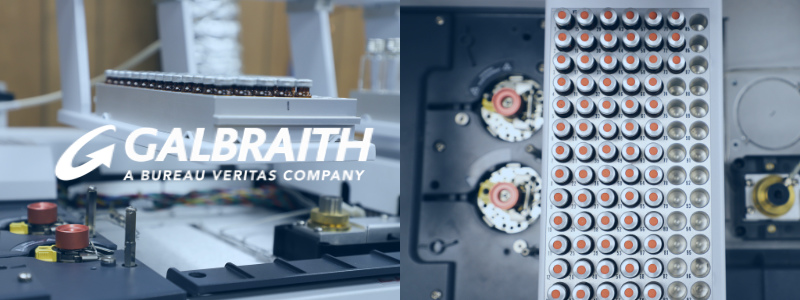BtoB
Chromatography Testing Guide On Common Applications and Challenges
Jun. 21 2023
WHAT IS CHROMATOGRAPHY?
Chromatography is a widely used laboratory technique that separates and identifies the different components of a mixture. The technique has many applications in various fields, including cosmetic testing, pharmaceutical testing, food and beverage. Chromatography works by passing a mixture through a stationary phase, such as a column of beads or a piece of filter paper, and allowing the different components to separate based on their physical and chemical properties. The separated components can then be analyzed to identify their composition or concentration.
COMMON APPLICATIONS OF CHROMATOGRAPHY TESTING
Pharmaceutical Testing. Chromatography is used extensively in pharmaceutical testing to measure drug purity and detect common impurities from the synthesis process. For example, high-performance liquid chromatography (HPLC) is used to analyze many common drugs such as aspirin, omeprazole, and metformin. The technique separates the different components based on their polarity and unique chemistry. In this way impurities can be separated from the active ingredients, identified by comparison to known reference standards, and accurately measured.
Cosmetic Testing. Cosmetic manufacturers often use chromatography to test their products. HPLC is often used to test for hazardous compounds such as Bisphenol A (BPA) and Phthalates. HPLC provides many unique ways of separating compounds based on chemical properties such as polarity, hydrophobicity, and molecular size which allows this technique to be adjusted to the varied needs of cosmetic product testing.
Food and Beverage. Gas chromatography (GC) is an important tool in the food and beverage industry for analyzing cooking oils and additives. Products such as olive, vegetable, and canola oils contain specific types of fatty acids which can be detected by GC after chemically converting their fatty acid methyl ester (FAME) derivatives. These FAMEs can be separated based on their chain length which provides a unique profile for each oil and allows food scientists to create consistent and high-quality products.
CHALLENGES AND RISKS
Despite its many applications, chromatography testing also has some challenges. One of the main challenges is the sensitivity of the technique. Chromatography requires a high level of precision and accuracy to produce reliable results. Even minor variations in the experimental conditions, such as temperature, pressure, and pH, can affect the separation and identification of the different components of a sample.
Another challenge of chromatography testing is the complexity of the samples. Many samples can contain a large number of components that are difficult to separate and identify. For example, environmental samples can contain a wide range of pollutants that are present in low concentrations. Separating and identifying these pollutants can require a high degree of selectivity and sensitivity.
Finally, chromatography testing can be time-consuming and expensive. The technique requires specialized equipment, such as chromatography columns, detectors, and software, which can be costly to purchase and maintain. Additionally, chromatography testing often requires a high level of expertise and training to perform correctly, which can be time-consuming and expensive.
Chromatography testing is a powerful laboratory technique that has many applications in various fields, including pharmaceutical testing, cosmetic testing, and quality control in food and beverage production. However, the technique also has some challenges, including sensitivity, complexity, and cost. Despite these challenges, chromatography testing remains an essential tool for scientists and researchers who need to separate and identify the different components of a mixture.
Galbraith Laboratories Inc. - a Bureau Veritas Company.
Galbraith is a world leader in the chemical testing of raw materials. We have been specialists in elemental testing for over 70 years! We are an ISO 17025:2017 accredited and cGMP-compliant laboratory that specializes in chemical and elemental testing in a broad range of industries, including yours. Also, Galbraith Laboratories can offer unique one-of-a-kind testing that other labs struggle to achieve.
Read more

